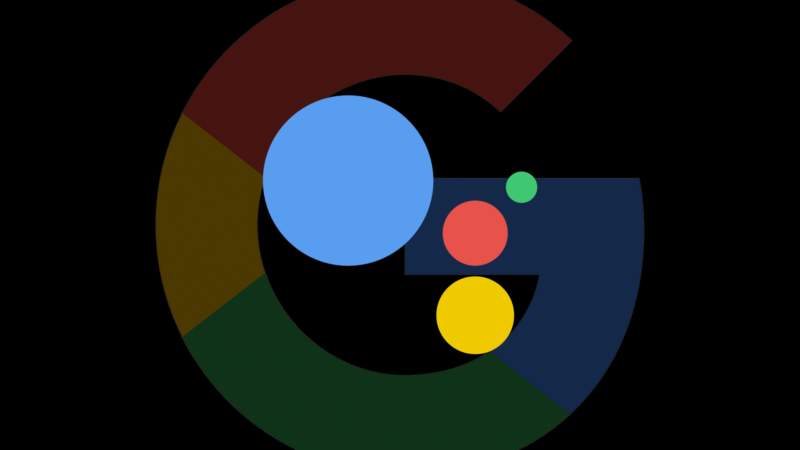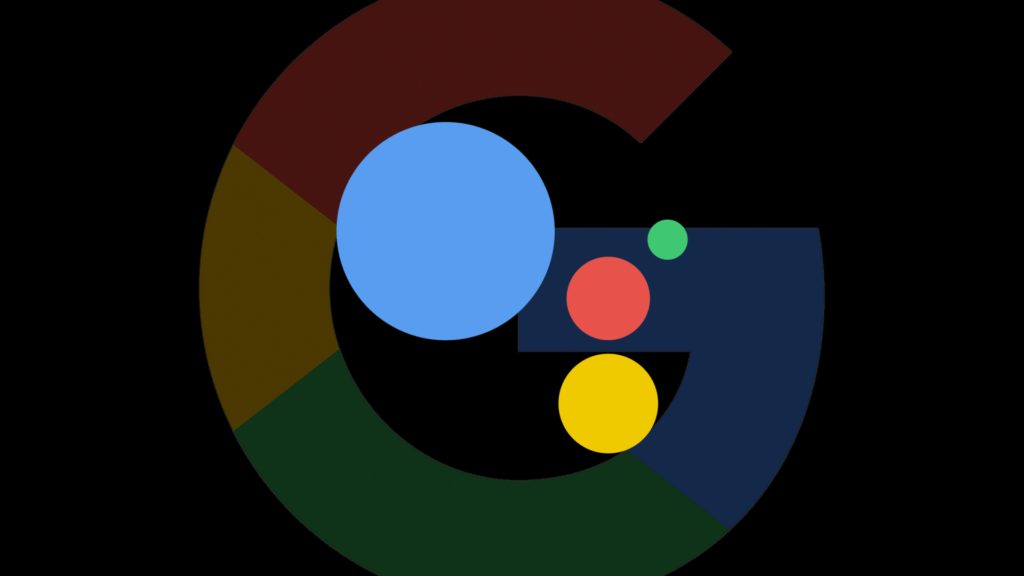
Google said in a blog post this morning, “The [Google] Assistant is now available on more than 400 million devices.” When Google says “devices” it’s including Android smartphones, tablets, TVs, headphones . . . and Google Home smart speakers.
What we don’t get from the post is how many Google Home, Mini and Max speakers were sold in 2017. Four hundred million is a massive number but it’s going to be mostly Android smartphones. If Google were really psyched about the Home figures it would have called them out specifically.
We can make a crude estimate of how many Google Home devices there are in US households. Based on a review of data from NPR, Strategy Analytics and Consumer Intelligence Research Partners, it appears that Google Home has roughly a 25 percent share of the US smart speaker market. Specifically, Strategy Analytics estimated that Google’s share of Q4 smart speaker sales was 24 percent.
Walker Sands (“Future of Retail 2017“), in a survey of 1,622 US adults, found that about 23 percent of respondents owned a smart speaker. If the results can be generalized to the broader population, then something like 56 million assistant-powered speakers are in US homes today. The survey was conducted in late Q3 or early Q4, before Christmas.
The 56 million number, therefore, feels too large. But let’s assume, post-holiday, that there are now roughly 45 to 50 million smart speaker units in US households (Alexa + Google Assistant). Using the market share estimates above, it would potentially mean there are about 12.5 million Google Home devices in US households. That may be too low, but Google Home sales in the US probably don’t exceed 20 million to date.
Google was forced to price match with Amazon, which had aggressively discounted the Echo Dot, Echo and Echo Show for the holidays. Accordingly, Google Home was selling for $79 (vs. $129) for much of the pre-holiday shopping season to match the Echo’s price of $79.

